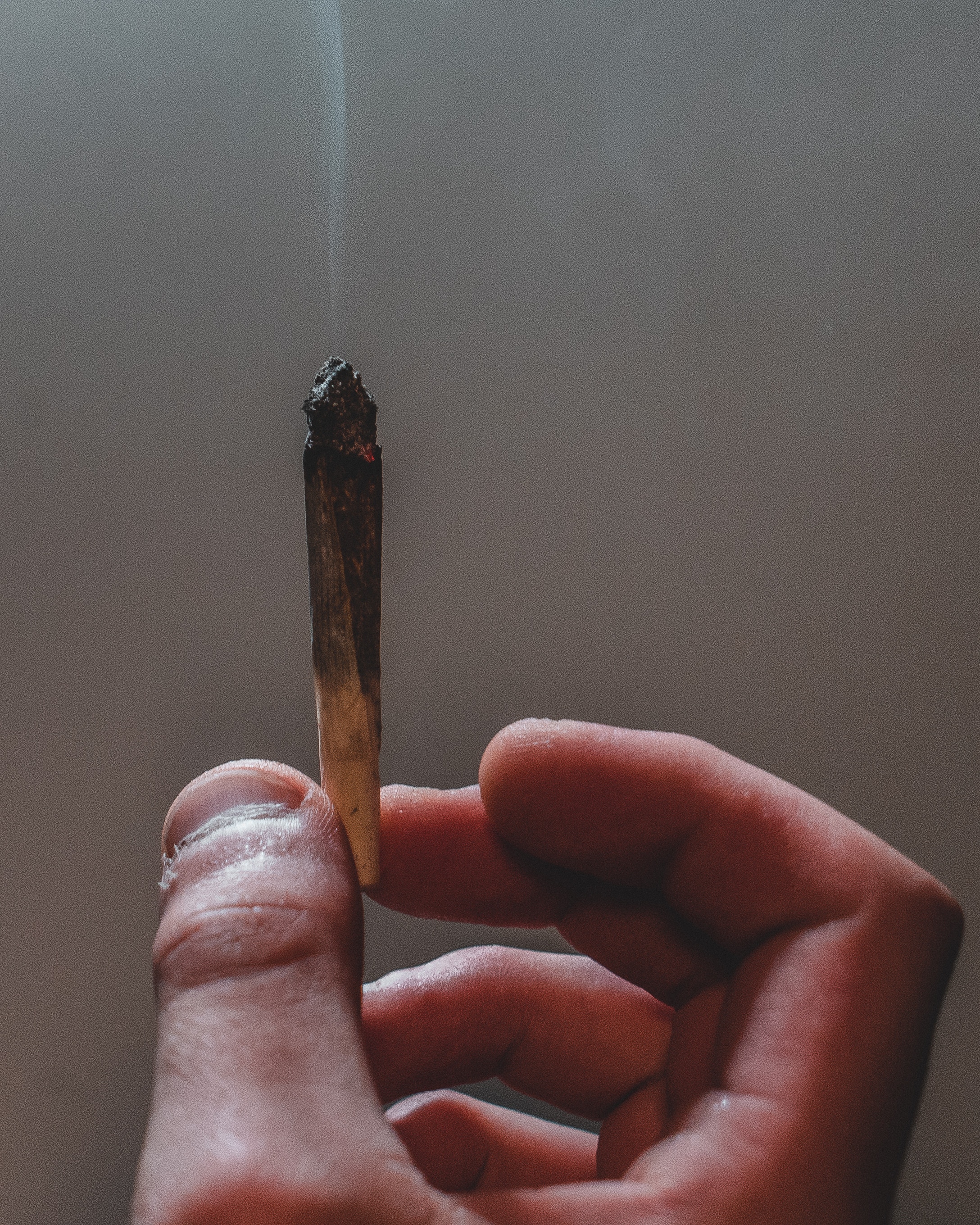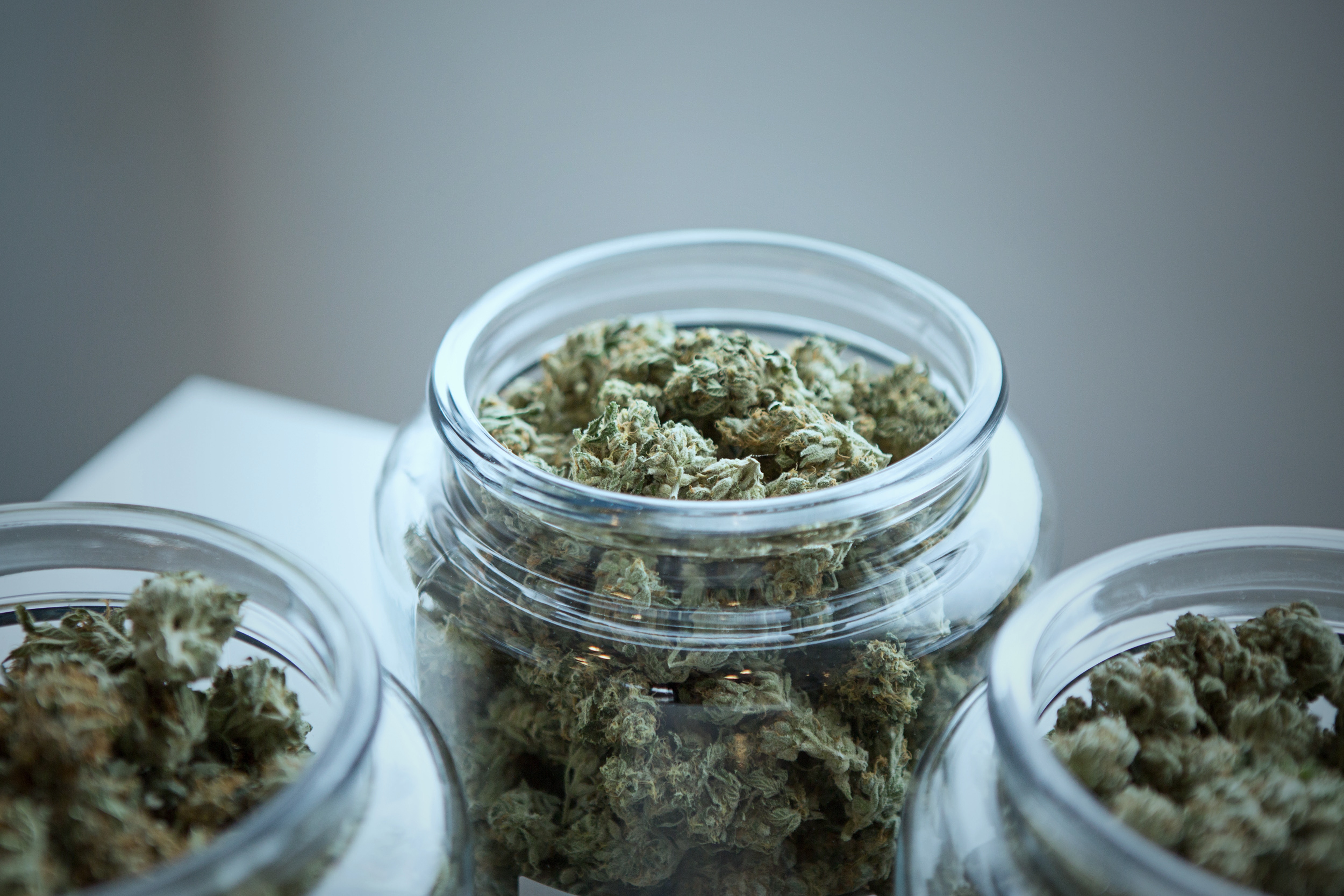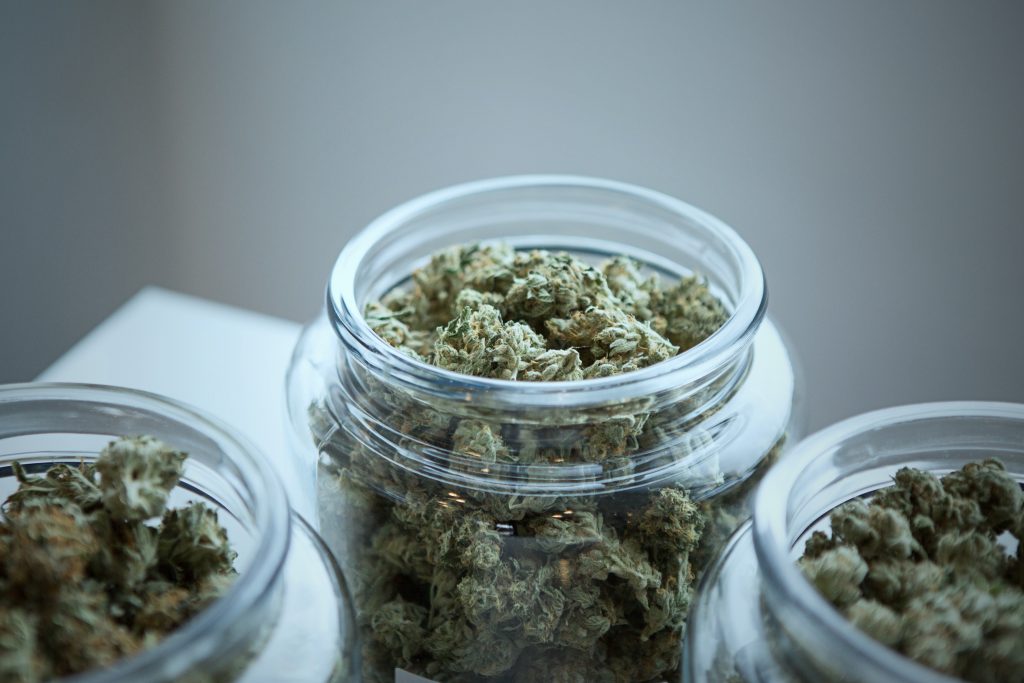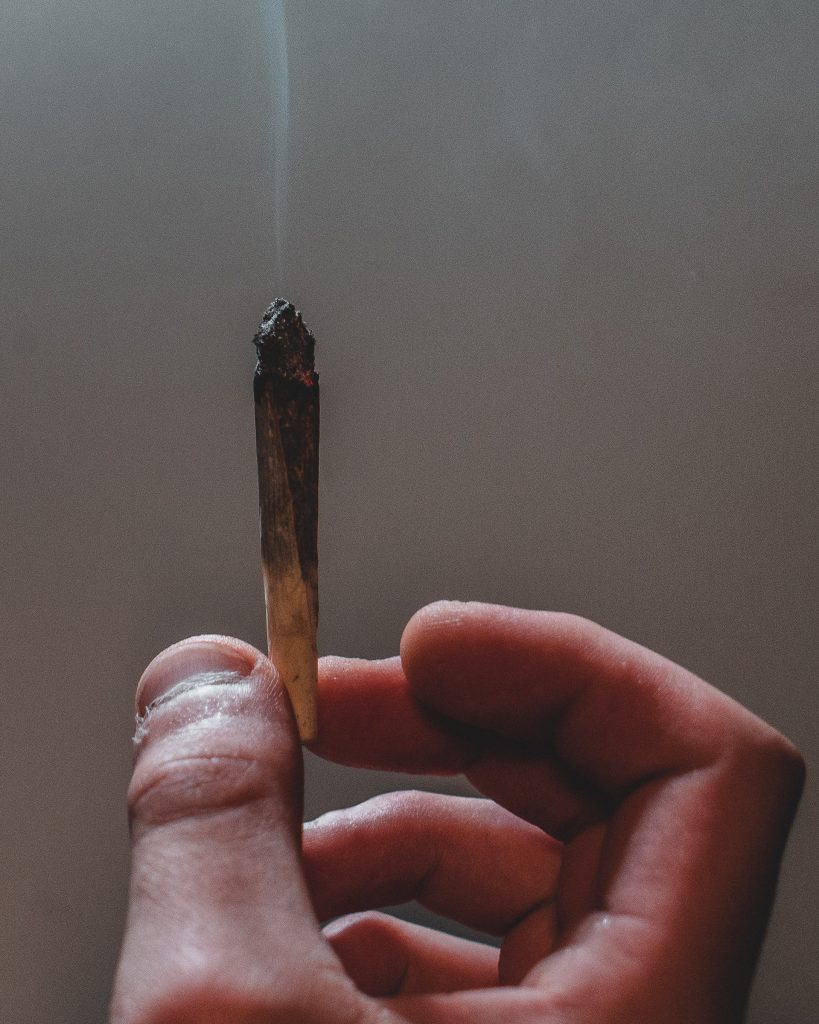U.S. Surgeon Issues First Marijuana Advisory in 30 Years
On Thursday U.S. Surgeon General Jerome Adams issued the first Surgeon General’s advisory on marijuana since the 1980s.
In the advisory, Dr. Adams wrote,
No amount of marijuana use during pregnancy or adolescence is known to be safe. Until and unless more is known about the long-term impact, the safest choice for pregnant women and adolescents is not to use marijuana.
The warning also reiterated what we have heard others say: That marijuana today is more potent than it used to be, and that marijuana use increasingly is linked to psychotic disorders like schizophrenia, saying,
Marijuana has changed over time. The marijuana available today is much stronger than previous versions. The THC concentration in commonly cultivated marijuana plants has increased three-fold between 1995 and 2014. . . .
The risks of physical dependence, addiction, and other negative consequences increase with exposure to high concentrations of THC and the younger the age of initiation. Higher doses of THC are more likely to produce anxiety, agitation, paranoia, and psychosis. . . .
Marijuana use is also linked to risk for and early onset of psychotic disorders, such as schizophrenia. The risk for psychotic disorders increases with frequency of use, potency of the marijuana product, and as the age at first use decreases. Adolescent marijuana use is often also associated with other substance use. In 2017, teens 12-17 reporting frequent use of marijuana showed a 130% greater likelihood of misusing opioids. Marijuana’s increasingly widespread availability in multiple and highly potent forms, coupled with a false and dangerous perception of safety among youth, merits a nationwide call to action.
All of this underscores what we have said for years: Marijuana may be many things, but “harmless” simply is not one of them.
Read the U.S. Surgeon General’s entire marijuana advisory here.




